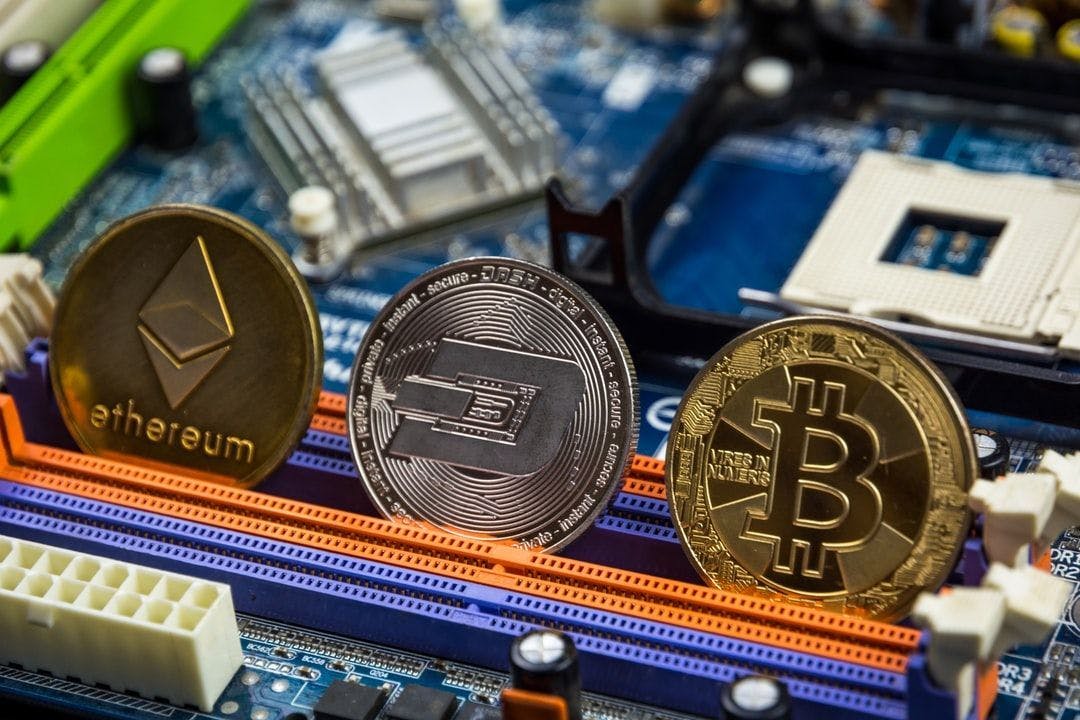3,368 reads
The Current State of the Crypto Market and 7 Trends to Follow
by
August 19th, 2021
Audio Presented by
CEO and co-founder of Platinum Software Development Company. Blockchain enthusiast, blogger.
About Author
CEO and co-founder of Platinum Software Development Company. Blockchain enthusiast, blogger.
